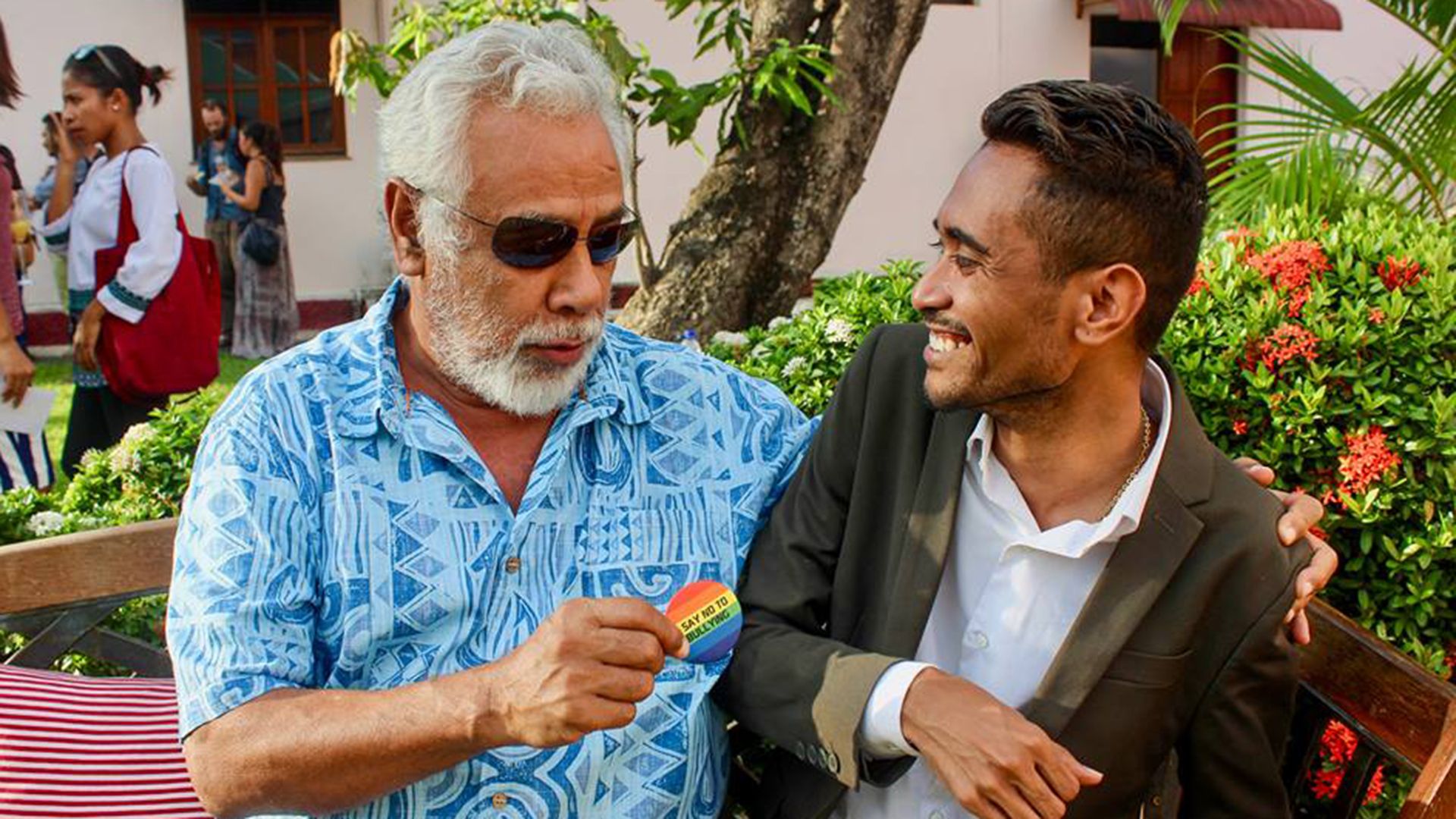
We at ASEAN SOGIE Caucus send all our love to Hatutan Youth and all our friends and colleagues in Timor-Leste for the successful launch of their documentary family acceptance of LGBTI persons last 5 April 2018.
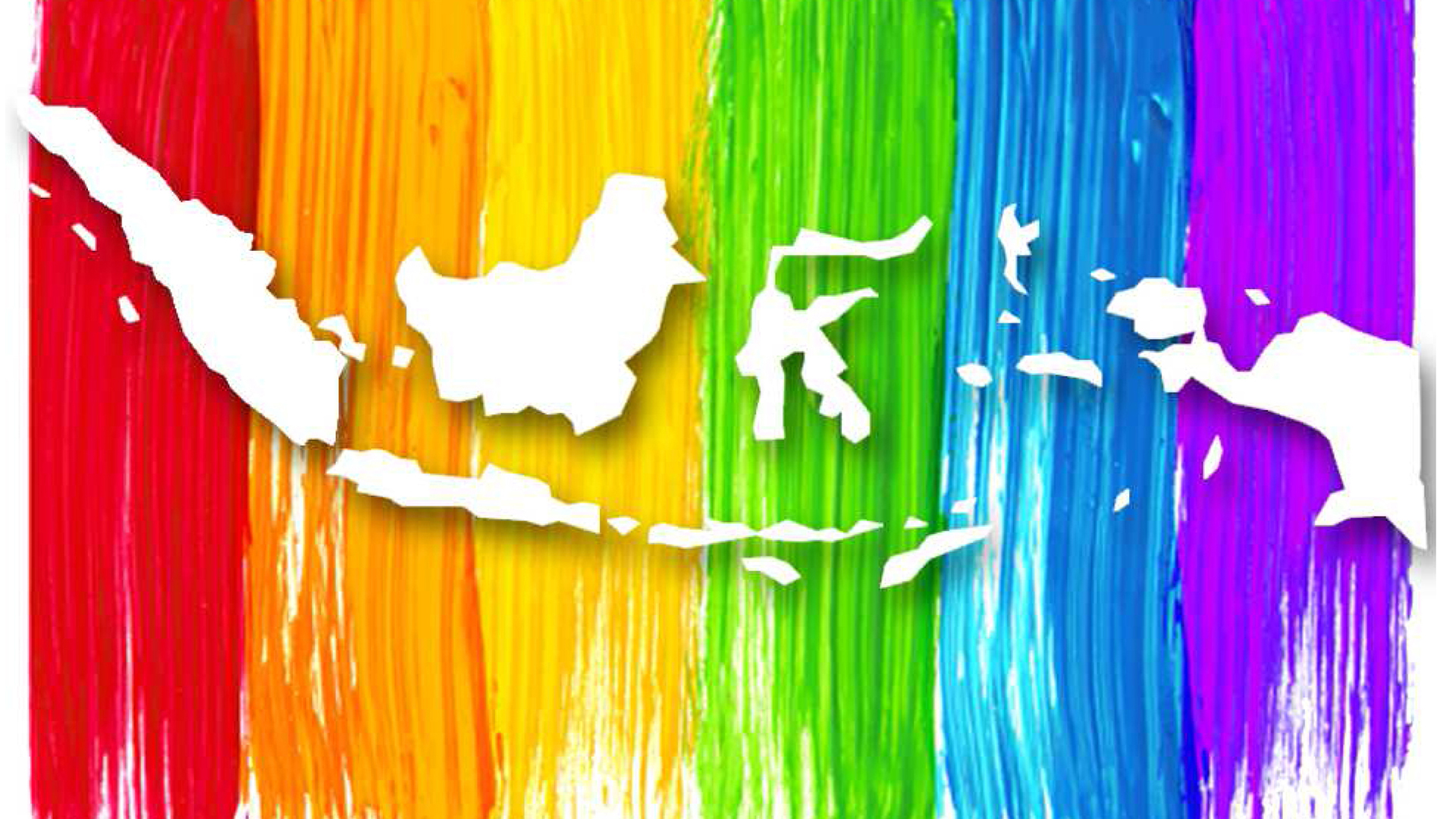
The situation of LGBT people in Indonesia escalated to a dangerous point, with increased persecution expected to come as the country approaches the elections. As part of our ongoing response, ASEAN SOGIE Caucus has produced this fact sheet on Escalating violence based on sexual orientation, gender identity, and gender expression (SOGIE) in Indonesia. It provides an overview of the situation faced by LGBT persons in the country amidst increasing violence and hate perpetrated both by state and non-state actors. Through this fact sheet, we hope to encourage fellow human rights defenders, peace advocates and humanitarian agencies in developing of advocacy plans and crisis response during this critical moment for the human rights of LGBT people in Indonesia.
Download: 20180212-Fact-Sheet-Indonesia-Final.pdf
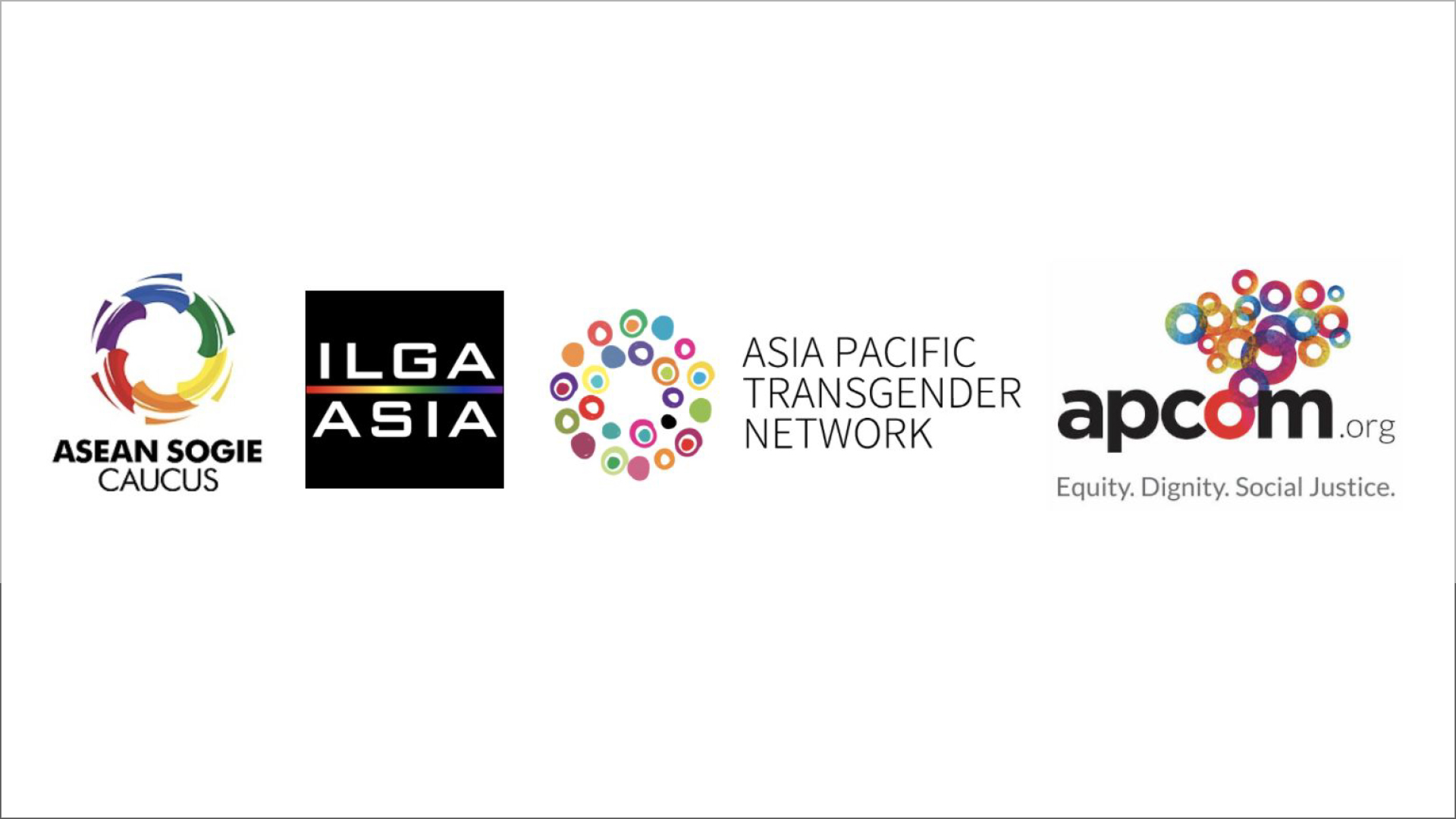

On 27 January 2018, approximately 10 beauty salons in North Aceh, Indonesia became subject to raids and 12 transgender women were arrested. They were forced to cut and shave their hair, stripped of their clothes, verbally harassed, and subjected to physical and mental therapies in an attempt to make them more “masculine”. On the pretenses of protecting public morals, the women were subjected to cruel, inhumane and degrading treatment and punishment. The raids and arrests were part of the Aceh government's policy directive on "Eradication of Community Disease” and counter terrorism.
This act of violence is the most recent in a wave of persecution by government and extremist civilian forces against transgender and LGBIQ persons in Indonesia, including last year's public flogging of two men on charges of committing consensual sexual relations.
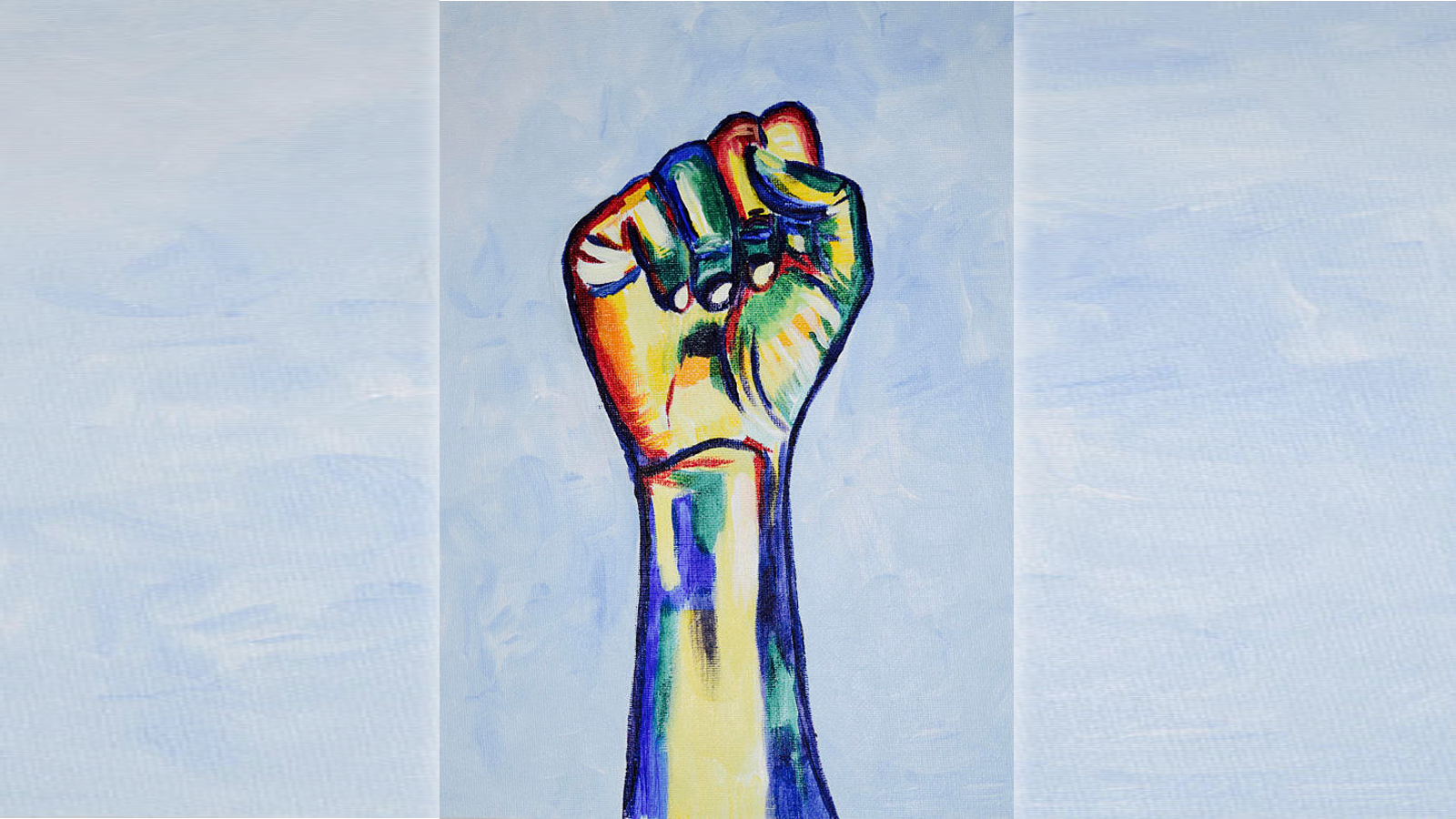
Last December, lesbian, bisexual, trans women, trans men, and queer (LBTQ) activsts met during the ILGA Asia Conference to claim their space and assert that the fight for the human rights of all women is not over.
Even in an advocacy where diversity and inclusion are the main messages, not all have been welcomed: not all diversities are accepted, and inclusion somehow comes at the cost of excluding others. Under the rainbow flag, women have felt overshadowed rather than empowered. This is unacceptable, and ASEAN SOGIE Caucus will continue to work together with LBTQ women until they are no longer invisible and no longer silenced.
Their meeting was hleld from 4-5 December 2017 prior to the ILGA Asia Conference in Phnom Pehn, Cambodia and resulted in a statement. For the full statement, see below:
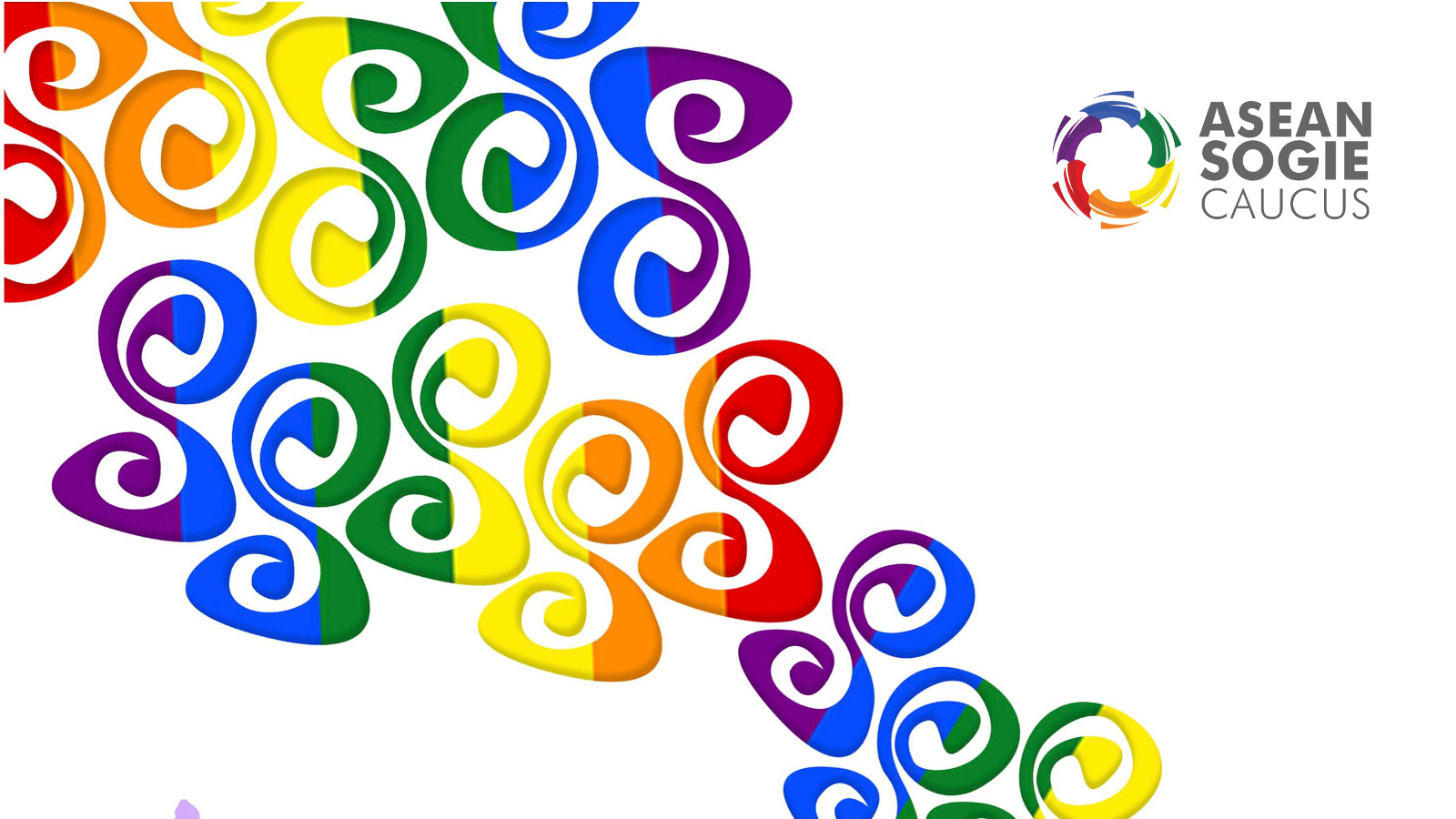
ASEAN SOGIE Caucus launched today its latest report, “The Rainbow in Context: An Overview of the Situation of Lesbian, Gay, Bisexual, Transgender, Intersex, and Queer (LGBTIQ) Persons in Southeast Asia”. The report is the first in Southeast Asia and provides a summary of various human rights issues facing LGBTIQ people in the region.
The report highlighted key human rights trends, such as the increasing criminalization and pathologization of LGBTIQ people amidst the rising influence of conservative social forces. The report likewise discusses the increasing threats against human rights defenders working on sexual orientation, gender identity and expression, and sex characteristics (SOGIESC). Moreover, persistent discrimination in accessing social services and protection is also brought to light.
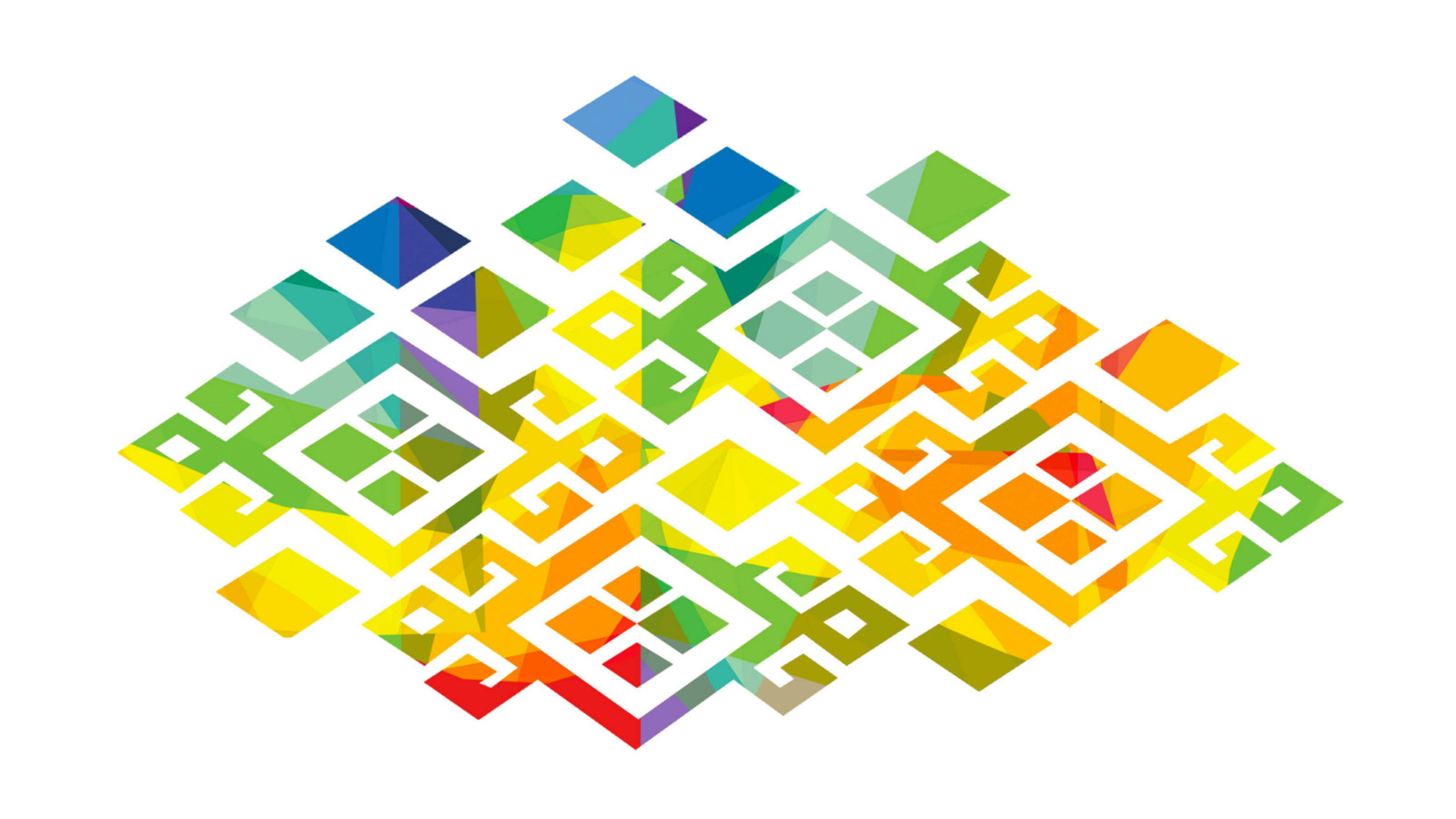
ASEAN SOGIE Caucus releases a new publication titled “A Research Report on the Lives of Lesbian and Bisexual Women and Transgender Men in Timor-Leste”. The research, the first research of its kind in Timor-Leste, was conducted in collaboration with Rede Feto, a national network of women’s organisations working to promote gender equality and women’s empowerment.
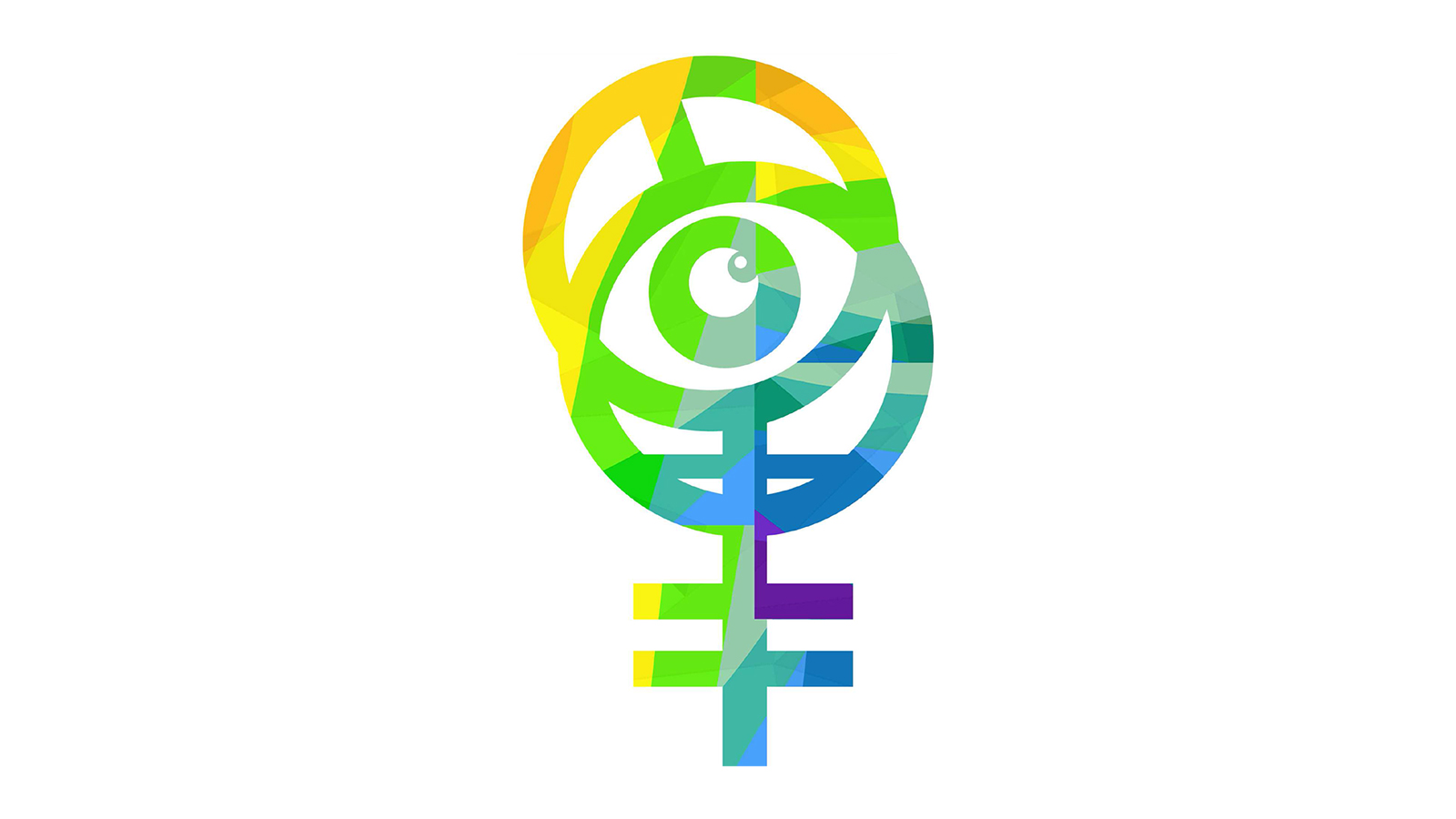
ASEAN SOGIE Caucus releases a new publication titled “Policy Brief on the Convention on the Elimination of all Forms of Discrimination Against Women (CEDAW) and SOGIESC in Southeast Asia”. The policy brief was drafted to catalogue how SOGIESC has been addressed within the CEDAW reporting mechanisms. It also provides baseline information on CEDAW for activists based in ASEAN member-states, and offer guidance on its application to SOGIESC in human rights advocacy.

Civil society engagement with the UN human rights mechanisms on sexual orientation, gender identity & expression, and sex characteristics (SOGIESC) in Southeast Asia
The human rights of lesbian, gay, bisexual, transgender, intersex, and queer (LGBTIQ) persons from Southeast Asia are under assault. Various forms of aggression and exclusion on the basis of sexual orientation, gender identity and expression, and sex characteristics (SOGIESC) have been documented, ranging from failures to establish redress mechanisms protecting LGBTIQ persons to the criminalization of consensual same-sex relations. Considering these realities, we believe that LGBTIQ people in Southeast Asia must assert stronger claims in the formulation of international policies, which define human rights norms, through engagement with UN human rights mechanisms.